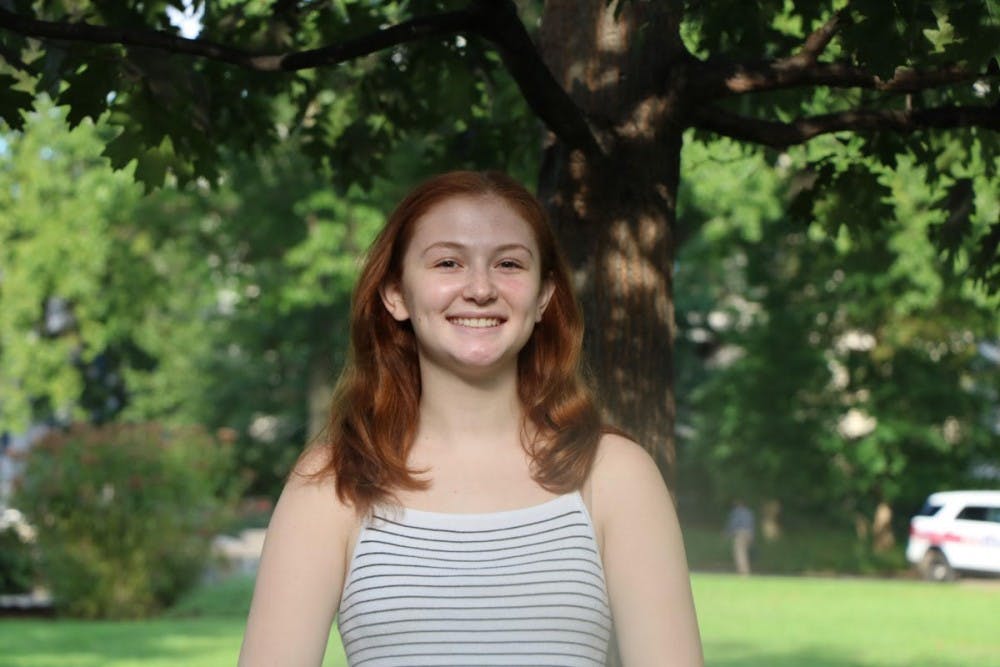Whenever AU students are asked why they go to the University, one of the most common answers is the location. While the school is a bit removed from downtown Washington, the location is a sweet spot because it offers relatively quick access to the core of the city while maintaining a typical small campus feel.
In addition, some of the greatest culture and history in the country is right at AU’s doorstep. However, the campus community does not do an adequate job of acclimating students to the city in which they want to be changemakers.
Too many students can spend their four years at AU without leaving this Northwest bubble. Most students come to school wanting to make a difference in the country and/or the world and pick AU because Washington is the city where policy gets made. But what I think students fail to recognize is that is if we want to be changemakers, we need to know the District more holistically.
There is an incredible amount of history and culture in D.C. that is inextricably linked to the University. For example, U Street is a huge tourist destination known for its restaurants and fun nightlife, which are all frequented by students. But it’s also historically been known as one of the country’s largest celebrations of black culture. Many famous people of color performed in their early days or got their start at venues on U Street. There, Ella Fitzgerald won an amateur singing contest in the 1930s Louis Armstrong would perform from time to time and Miles Davis played the trumpet with the Billy Eckstine Band in 1944.
While politicians are debating immigration policies just a few miles away, much of the city’s historic architecture and urban planning was done by immigrants and enslaved people. Pierre L'Enfant was a military engineer who is known today as the man responsible for designing the basic plan of the city. He was also an immigrant.
Buildings like the White House and Capitol Building were largely constructed by slave labor. That means those enviable “Hillternships” also have their foundation linked to the institution of slavery. How meaningful are our conversations about racial and immigration policy in structures and a city made by immigrants and the enslaved, without a deep-rooted recognition of the debts owed to them?
Many AU students don’t know that one of the biggest backbones of take-out food as we know it started here. Although “mumbo sauce” was originally created in Chicago, it was popularized in the District as a take-out sauce. It can be found in all different types of take-out food, ranging from Korean food to fried chicken. Chances are, if you’ve eaten out in Washington, you have eaten mumbo sauce.
While it is not productive to suggest that students walk around with immovable guilt about the history of the city, failing to recognize this history positions AU as a mill of uninformed, unacclimated students. It is a disservice to the Washington community and students themselves for the University to produce students who do not have historical knowledge that would guide the change-making work they are expected to accomplish.
AU needs to do a better job of acclimating and enriching students to the city that we have chosen to live in for four years. One key step in accomplishing that is teaching students about the culture and history of D.C.
This can be achieved through the AUx course, as well as integrating some of this cultural and political history into Eagle Summit and Welcome Week activities. And more students should take advantage of opportunities to engage with the local community through the Center for Community Engagement and Service, which helps students find volunteer opportunities in the District.
The University itself and the student body need to recognize the gift that has been given to us by being in this city, not just as a way of providing fun facts, but as an impetus for creating a culture of empowered students, scholars and community activists.
Emma Greenberg is a freshman in the School of Communication and a columnist for The Eagle.
This article originally appeared in The Eagle's March 2019 print edition.





